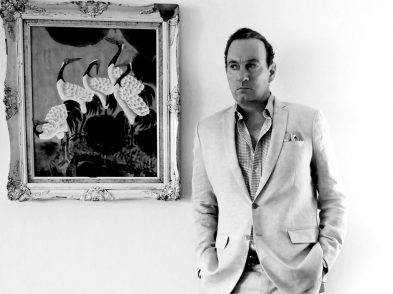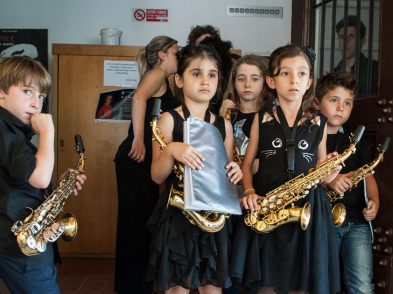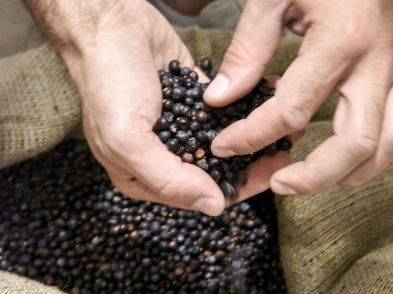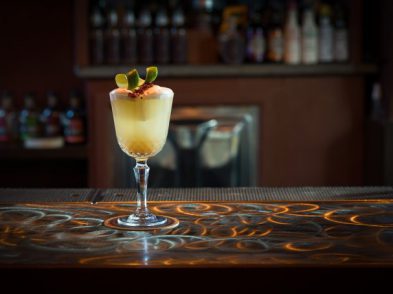When he comes to greet me out on the quiet Rovezzano street, the first thing I notice is the wide smile. I apologize for making him wait, but he waves his hand down at me in pardon. Nicholas Madella, aka Buba, all kind eyes and relaxed aura, beckons me into the kitchen of the family B&B he helps manage. But this is just his day job. I am here to have lunch with the Intro-spettiva team, the local DJ collective behind the Nova Radio show of the same name and active members of Florence’s current electronic scene. Right now they are certainly some of its more exciting proponents. Once inside, I am introduced to the equally friendly faces of Filippo Blasi and Zakaria Mejhed, the crew’s more production-oriented wing. Mr. Teo Naddi, number 4, unfortunately has an obligation, they explain, and couldn’t make it.
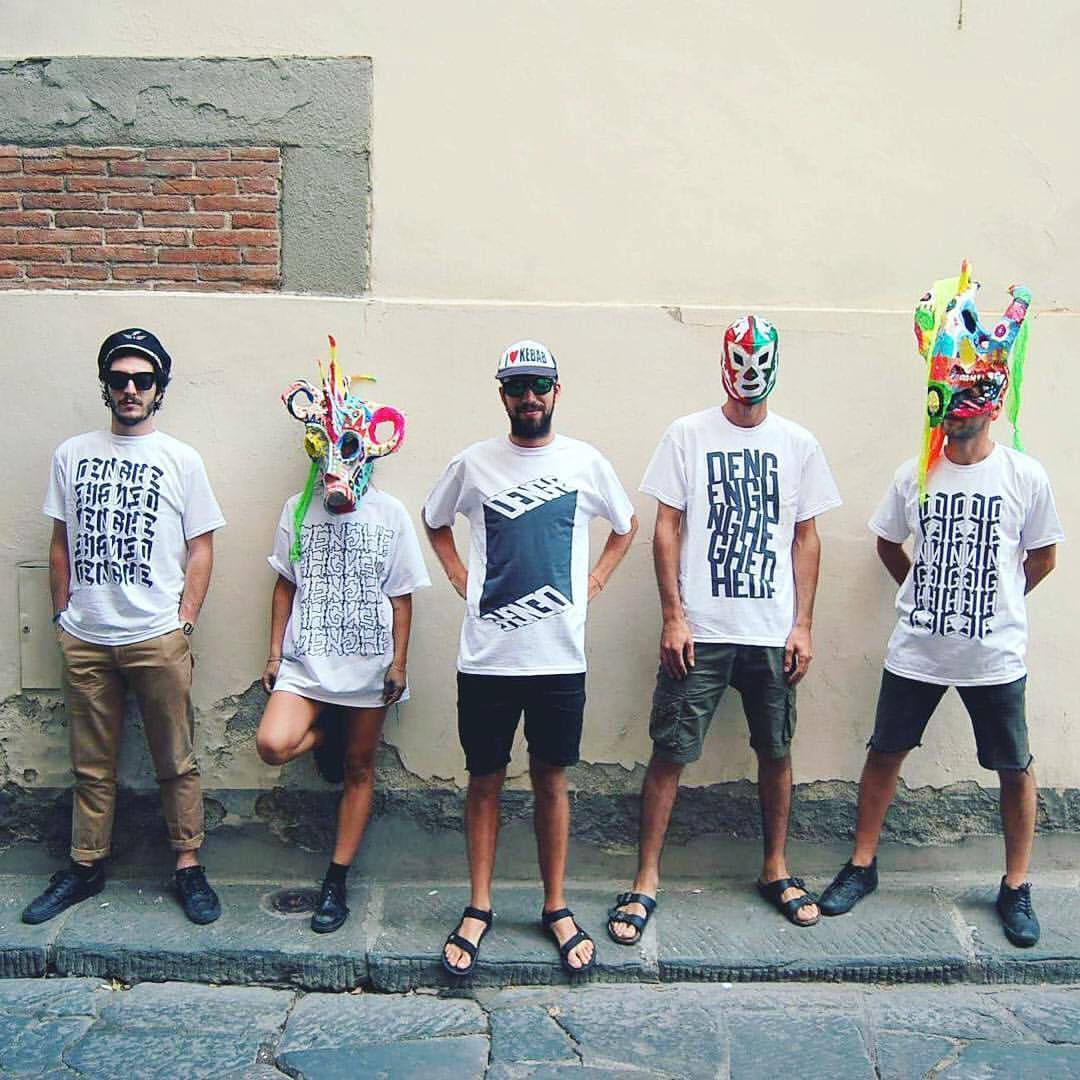
This I can perfectly understand. These boys have busy schedules. Since the quiet launching of their radio program back in 2013 on a smaller station, two years passed with little recognition until they were eventually scouted by the established local alternative station Nova Radio.
“It required a great deal of commitment and perseverance, which wasn’t always easy. Then the ball started rolling a bit more,” Buba says.
For the four members of the core group, all in their mid-twenties, it has remained a part-time project of passion, always juggled alongside side-work and additional projects. Blasi and Mejhed tell me of frequently being called to play sets in the riverside pop-up bars and for one-off special events. Alongside a weekly residence at Crisco Club, Blasi has produced with Third Ear Recordings, based in London’s Hackney. Teo Naddi, meanwhile, is no less well established on the local scene, working under the new label Oltrarno Records and sporadically supporting big-name acts with Lattex+, having made a recent appearance at their July festival, and constantly expanding his reputation.
As the food is served, the realization dawns that I am surrounded by young men with clear ideas and simmering creativity, but each with a distinct means of expressing it. “We each have our own creative inclination, and this is what makes the Intro-Spettiva show so interesting,” Buba says in response to my remark. “We are constantly learning from one another, building off of each other creatively.” He is the most talkative, and obviously an important point of reference for the collective, hosting the show and managing most of the organizational work.
I notice a lot of enthusiasm for the “noble medium” of the radio, both a nod to a more classic time as well as being part of a new renaissance in radio appeal among millennials. On the weekly show, from 9:30 to 11pm on Thursdays, the music takes the spotlight, with occasional podcasts, extensive sets from small international and local guests, and jams by the crew’s members themselves. “We use the show as a stimulus for research and for the diffusion of new music, both amongst ourselves and to potential listeners”. The idea of research is very much emphasized. Listener ratings can be limited, but this is not why they do it—the not-for-profit nature of their efforts stand testament to their commitment to the home scene and to their passions for the easy tones of any new exciting sound.
Buba’s eyes light up as he speaks. “We are witnessing the emergence of many exciting Italian artists at the moment, some of them having already played our show!” He mentions the talented Alter D from Milan’s Marguerite Records, who made an appearance back in January. “We are currently really interested in The Mystic Jungle Tribe, from Naples.” He flips open his laptop and plays their tune, a delicious little groove that I can’t quite place in between experimental disco and cosmic jazz-funk. “We are not interested in genre; the principle of selection should always be about keeping an open mind. Electronica, at its emergence from the synthesizer in the ‘60s, was all about format, not style.”
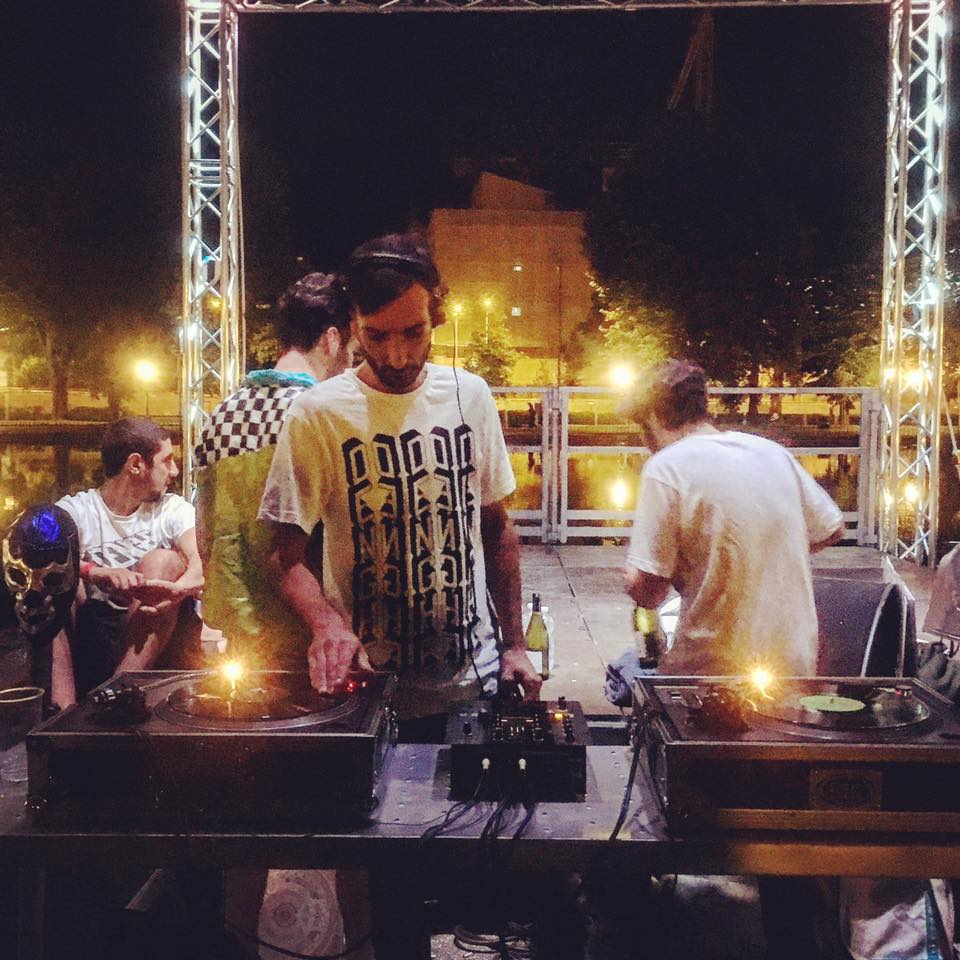
We step out into the garden for a coffee, and Blasi is enthusiastic to talk about the events that Intro-Spettiva organizes in conjunction with their action on the FM. “Launching the monthly Denghe events was extremely important to us, our cultural project requiring that the music be lived together with other people, with our friends and their friends.” He stresses the idea of democratizing music to all groups in society, and explains how their collective promoted the integration of Florence’s LGBTQ+ community.
“Not many clubs cater to a queer public, so we started organizing events at Crisco, an important gay venue.” Crisco’s size is ideal for the Denghe vision. “We want to achieve an osmosis of sorts, between the music and its dancers, and between the dancers themselves, but this takes time. This is why we are firm believers in the small venue”. It is not just about the music, but about “the inter-audience dynamic that is lost in bigger venues, the idea of meeting people and making friends.” The pro bono nature of their venture means that they are not pushed to play it big, calling up small artists that will naturally find intimacy among their small audiences. Recent guests DJ Central and DJ Sports spring to mind, two young talents hailing from Denmark. The events have a niche popularity among enthusiasts, in part thanks to the impressive graphic design promotion by artists Jonathan Tegelaars and Giacomo Equizi. “These guys are among the absolute best we know,” the group asserts with strong conviction. As for their desired audience, there is no real preference. “We like the unpopular, those that don’t necessarily fit in.” This seems to hark back an early ‘90s Saturday night and its principles of escapism.
And how does Intro-Spettiva feel they fit in to the city’s scene in general? Mejhed describes their very organic coexistence with the other events organizers, citing friends and collaborators from Autentica, Disconnect and dissidanza among others. “The revival of the scene was kick-started by Killabros back around 2011, giving a voice to all non-profit projects and scenes, and stopping that toxic competitiveness that used to haunt the climate.” Now everyone is happier to work together, with a dominant undertone of dedication to the cultural prosperity of the city. Both Buba and Blasi had spent several years in Northern Europe, between Brussels, London and Berlin, and had not intended to stick around Florence upon return. And yet, something pulled them back. “An essential part of the creative process is the creation of something where something is otherwise missing, and here we noticed that there was a gap.” That gap had to be filled, not just for friends, but for the whole scene. What I sense is a strong sense of loyalty and devotion to the continued development of the city’s nightlife. “This place is brewing with talent,” Mejhed says, “but Italians have always found it difficult to promote themselves. Music has always been an important part of this city.”
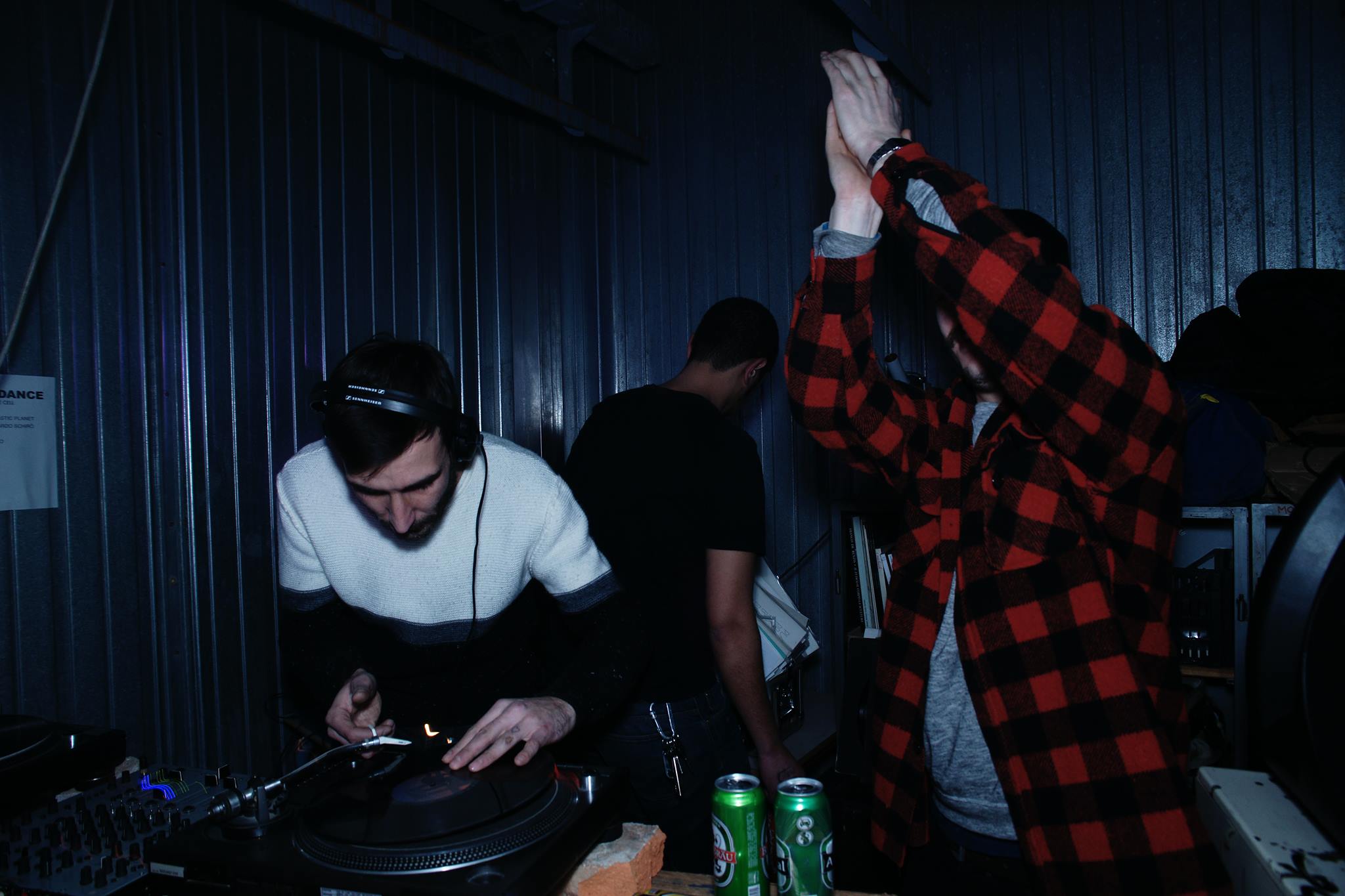
I cannot help but be impressed with their stimulating optimism, and I ask them if they ever feel frustrated with the city’s limitations. “Frustration is just not productive, man,” Buba says seriously, lighting a cigarette. “We know how the scene is, we know its limitations, and we try to work around them.” The key seems to be perseverance. “If you’re positive, spread your arms and try and make some space for yourself, something good just might materialize.” Is Florence moving in the right direction, then? This is tricky. Some venues, like the Stazione Leopolda or the Limonaia di Villa Strozzi, are still underappreciated and inaccessible. Meanwhile, creative free spaces are still lacking, with the city continuously developing its status as an open-air museum, and less space for creative freedom. “Ideally, there should be more of a dialogue and union between the three spheres at play, the tourists, the expats and the residents. Right now, they’re a little too compartmentalized.”
The sun has dipped behind the trees, and our glasses stand drained on the garden table. As I get up to leave, my hosts start a new conversation about the track resounding from the laptop. Not all of them know it and are excited by its novelty. I can easily see how between them they embody a unique form of mutual stimulation that can only help to drive their efforts. A breath of fresh air for local bedtime culture. Optimism is warranted.

